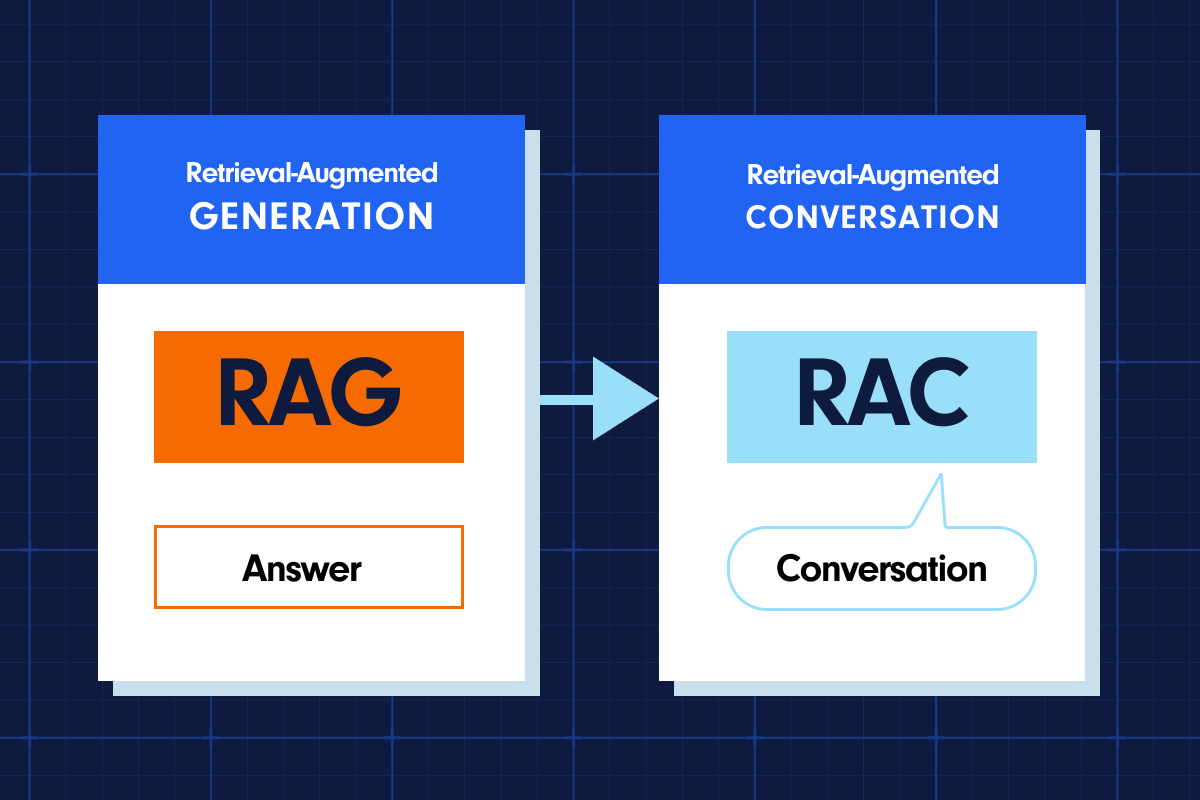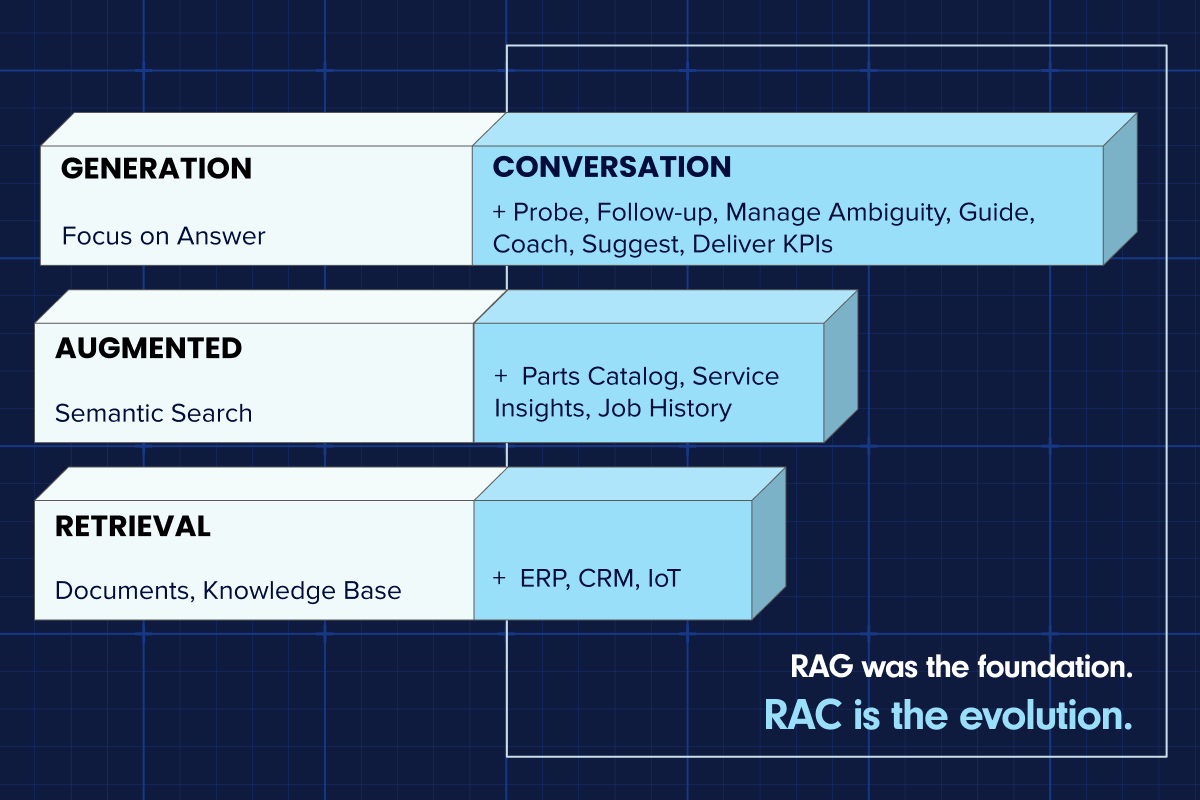Agentic AI is rapidly moving from buzzword to boardroom priority. These autonomous systems, capable of making decisions and acting independently, promise to transform how businesses operate. But alongside the excitement comes a stark warning. Gartner recently predicted that nearly 40% of agentic AI projects will fail by 2027.
That’s a pretty stark number!
A lot of the reasons are the usual suspects we’ve seen in past tech hype cycles: high costs, unclear ROI, and shaky risk management. But there’s another, deeper reason so many agentic AI projects hit a wall, there’s often a gap between the huge potential of the technology and the messy, industry-specific challenges companies actually face day to day.
I’ve been building an AI platform for service organizations for years, and I’d like to share some insights into why these projects often stumble, and what businesses can do to avoid ending up as another Gartner statistic.
Why Agentic AI Projects Fail
Many companies underestimate how deeply AI needs to understand a business’s unique language, workflows, and edge cases. It’s tempting to bolt a large language model (LLM) onto a vector database and call it a day. But real-world problems demand much more than generic chatbots.
Too often, businesses try to build “one-size-fits-all” agents without domain expertise. The result? Tools that sound impressive in demos but fall apart when faced with the nuances of actual operations. Costs quickly spiral out of control, and trust erodes fast when AI makes the wrong call in a critical workflow.
Proving ROI Starts Small
Agentic AI’s potential is enormous, but that doesn’t mean you should try to automate everything at once.
My advice: start small and focused.
Pick one high-pain process, like troubleshooting equipment failures, and pilot an agent there. Measure tangible outcomes: time saved, costs reduced, and, crucially, whether people actually use the solution. ROI isn’t purely financial; it’s also about adoption and trust.
Equally important is designing AI to fit real-world conditions. If technicians have greasy hands, voice or call-based interfaces might work better than touchscreens. If they’re working underground or offline, the AI needs to function without connectivity. Successful ROI hinges on practical, accessible tools that integrate seamlessly into daily workflows.
Keep Humans in the Loop
One of the biggest risks with agentic AI is letting it operate autonomously in complex scenarios without oversight.
Businesses must design human-in-the-loop processes where experts can review, override, or validate AI decisions. This isn’t just a safety net, it’s essential for building trust and accountability.
Industries Poised for Agentic AI Success
At Aquant, we see massive potential for agentic AI in service organizations, particularly those supporting complex machinery — medical devices, industrial machinery, and more.
These industries generate huge volumes of data. Service teams are under relentless pressure to keep critical equipment running. Here, agentic AI can:
- Troubleshoot equipment issues
- Recommend solutions
- Preserve institutional knowledge as experienced technicians retire (a whole lot of them are)
When paired with domain-specific expertise, agentic AI isn’t just helpful, it’s transformative. Beyond troubleshooting, it can automate many manual tasks, freeing professionals to focus on what matters most: keeping machines running and customers satisfied.
Balancing Innovation with Ethics and Compliance
The excitement around agentic AI can sometimes overshadow important ethical and regulatory considerations.
Businesses must be transparent about what AI knows, and what it doesn’t. Don’t deploy agents into critical processes without clear guardrails. Document data sources, decision logic, and who’s ultimately accountable. And make sure your agents can explain how they reach conclusions.
In regulated industries, explainability and traceability are non-negotiable. AI should never hallucinate answers, it should always cite its sources.
Culture and Leadership Matter More Than Technology
Here’s a truth I’ve seen repeatedly: technology alone doesn’t determine success. Culture does.
AI projects fail when leadership treats them like plug-and-play tools. Change management is critical. Buy-in from leadership and a culture open to change are essential. Frontline teams must trust the AI, and that trust is earned by involving them early and ensuring the solution fits how they actually work.
The Future of Agentic AI is About Governance
Fortunately, new tools are emerging to help businesses plan, monitor, and govern agentic AI initiatives responsibly. At Aquant, we’re part of this shift.
Modern platforms now let companies build agents without starting from scratch, using pre-trained domain knowledge and built-in guardrails. Tools for monitoring prompt drift, managing knowledge sources, and auditing AI decisions are evolving quickly.
Agentic AI has the potential to revolutionize industries. But realizing that potential requires more than technology. it demands focus, domain expertise, risk management, and a culture ready to embrace change.
Don’t let your business become part of Gartner’s predicted 40% failure rate. Start small, stay focused, and build solutions that truly fit your industry’s needs.
About the Author
 Assaf Melochna, President and CoFounder, Aquant
Assaf Melochna, President and CoFounder, Aquant
Assaf Melochna is the President and co-founder of Aquant, where his blend of decisive leadership and technical expertise drives the company’s mission. An expert in service and enterprise software, Assaf’s comprehensive business and technical insight has been instrumental in shaping Aquant.







